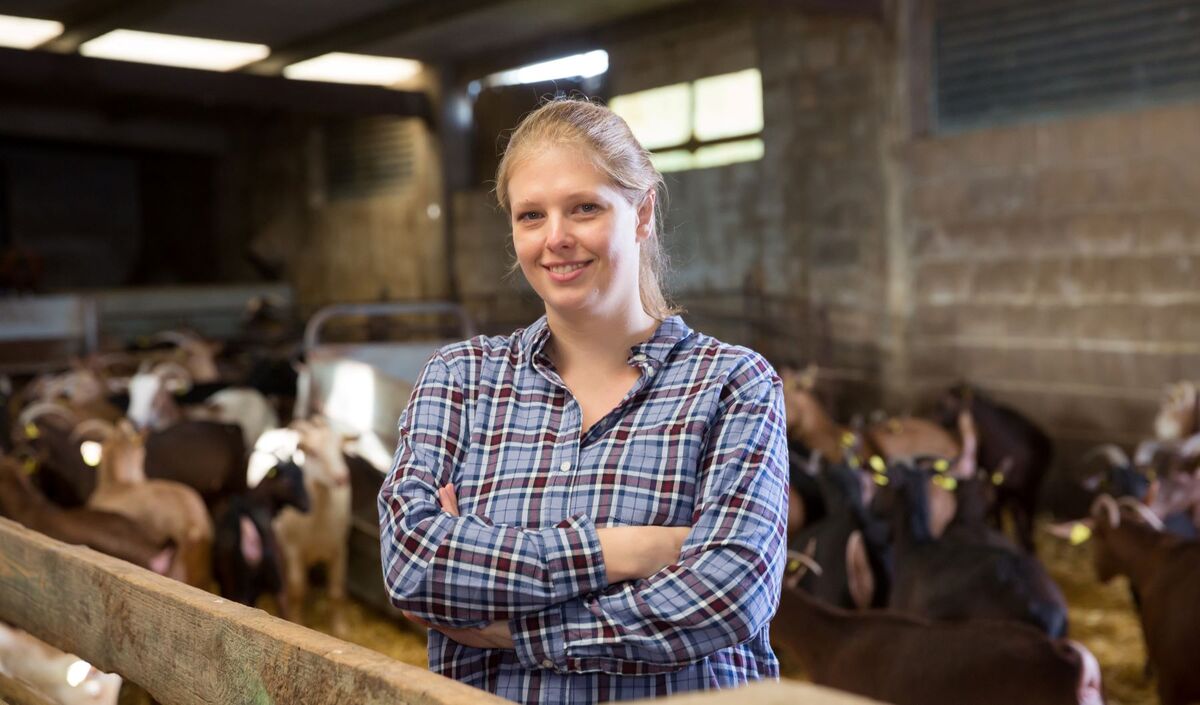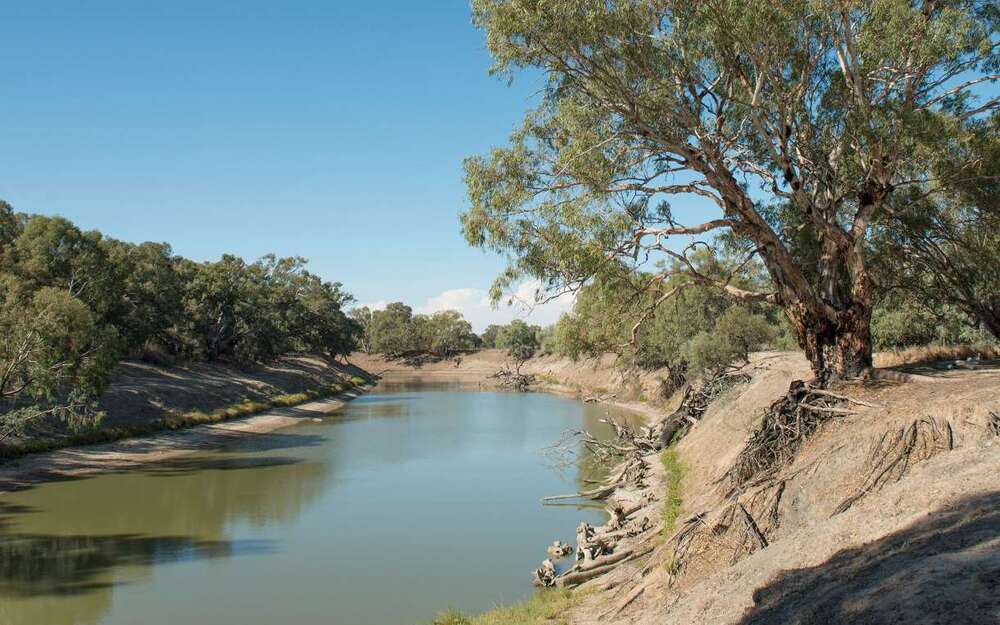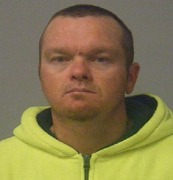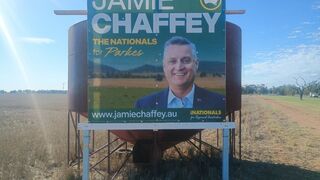NSW Farmers call for common sense on climate
Paula Doran
09 January 2025, 8:40 PM

NSW Farmers are moving into the new year with uncertainty, as the implementation of new red tape around climate management is flagged ahead of the Federal election.
With an election set for the first half of the year, farm lobby groups are demanding input into legislation, and warn that common sense must come before escalation in bureaucracy.
And they say increased red tape could lead to food shortages and grocery price spikes.
NSW Farmers' Conservation and Resource Management Committee Chair Bronwyn Petrie said it was vital Australia’s efforts to reduce emissions did not reduce food security.
Mrs Petrie said farmers wanted the federal government to seriously reconsider plans to slather rolls of green tape across food production, with several sustainability reforms looming ahead of the federal election.
“We need realistic, viable emissions reduction strategies, not aspirational ones that expect farmers to use electric tractors that don’t exist and report on emissions we can’t track,” Mrs Petrie said.
“The tools we need to comply with some of these proposed emissions targets just aren’t available, but soon we could be expected to not only meet these unrealistic goals, but somehow feed a growing population at the same time.
“Governments and interest groups cannot continue to demand these immediate emissions changes from agriculture when they simply can’t be done, especially since they won’t move the global climate equation by any significant measure.”

Farm lobby groups fear red tape will be untenable as the Federal Government attempts to meet climate targets. (Image, Darling River).
Engaging properly with the agricultural industry to create realistic sustainability targets is essential to ensuring conservation outcomes could be achieved without a cost to productivity, Mrs Petrie said.
“Farmers are showing us first hand the impacts that renewable energy installations are having on their ability to grow fresh, healthy food and fibre, and we simply can’t let agriculture bear more unnecessary pain,” Mrs Petrie said.
“Agricultural land already plays a vital role in absorbing carbon dioxide – every plant we grow literally removes carbon dioxide from the atmosphere – and farmers are already making significant contributions to carbon sequestration and climate change mitigation on-farm.
“If the government doesn’t listen to our farmers on the ground about what is and isn’t possible, then the reality is food production will be restricted – and then food shortages and grocery price spikes could become not an exception, but the rule.”
Fierce debate ahead
Farm lobby groups expect climate targets will be a crucial issue in the build up to the 2025 Federal election.
NSW Farmers’ Agricultural Science Committee Chair Alan Brown (pictured below) told the Western Plains App that sustainability does not need to come at the cost of productivity in the agricultural sector.
“Working with farmers on measuring emissions is the first step towards understanding the role we can play in reducing emissions within the industry, while still ensuring food security for the nation.

“Before we put any restrictions and targets on the agricultural industry to reduce emissions, it is critical that we understand the emissions measured and carbon sequestered on our farms in the first place.
“Currently, we don’t have a complete or accurate understanding of industry’s net emissions, or how the agricultural sector contributes to global climate change more broadly – so it’s essential we stop and understand this before we move on any formal measures or targets to reduce them.
“Simply imposing measures without the correct information or consultation could well mean we don’t achieve our sustainability goals – or we achieve them, at a huge, unnecessary cost.”
Climate change is just one of the issues looming for the state’s farmers.
As both major parties set their agendas pre-election, all lobby groups will be watching closely as changes to the superannuation tax and regional migration reform are expected.



